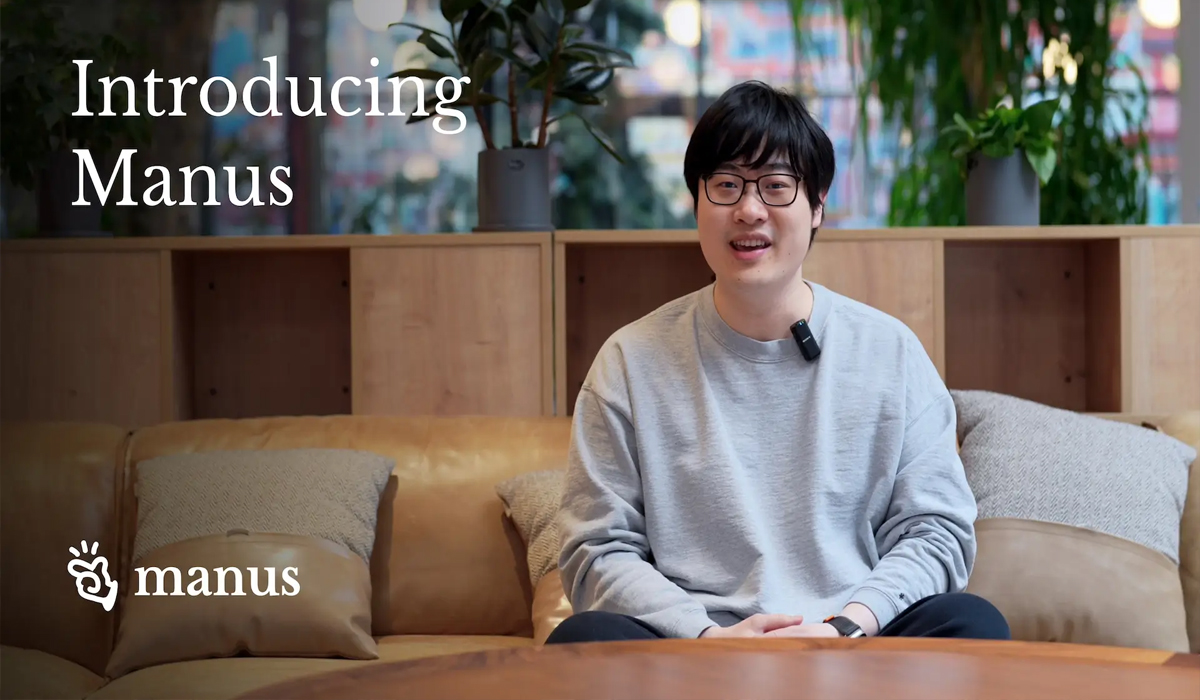
The AI community is buzzing with excitement over a new product that’s quickly making waves—Manus. Developed by a Chinese team, Manus is being touted as the ‘world’s first general-purpose AI Agent,’ and it has generated significant attention through its promotional video and invitation-only release method. Since its launch, Manus has sparked a lot of conversations, with comparisons being made to the popular DeepSeek phenomenon. But can it truly live up to that kind of hype? Let’s dive into it.
What’s Manus?
Manus promises to be an AI Agent that can solve complex, ever-changing tasks, and even plan and execute systems independently. In its demonstration video, the AI showcased some impressive abilities like automatically analyzing multiple resumes, organizing real estate data, and generating stock market analysis reports on companies like Tesla. While these are certainly useful applications, it’s worth noting that similar functionalities are already offered by other AI products, including OpenAI’s Operator and Google Gemini.
From a technical standpoint, Manus has not yet provided a detailed report on its foundation, but some analysts believe it’s built on models like Claude, combined with open-source post-training techniques. Manus’s real innovation seems to be packaging these capabilities into a cloud-based virtual environment, allowing users to interact asynchronously with different tools and systems.
Manus: General AI Agent
However, this raises an important question—while Manus might make these tasks easier for users, can it really be considered a ‘general AI’? The definition of a general AI is one that can autonomously plan, execute, and complete tasks across various domains. While Manus offers automation and convenience, powerful AI models like Claude already possess similar capabilities without the need for a specially designed environment.
Manus’s goal is to make AI more accessible by integrating multiple tools and agents in a virtual space, which lowers the technical threshold for users. But the big question remains: Can it truly adapt to different user needs and deliver on its promise of becoming a general intelligent Agent? Personalized AI assistants have varied needs, and Manus’s ability to meet those needs in a highly competitive market will determine its long-term success.
In summary, while Manus is an intriguing AI product with great potential, it’s important to note that it’s not exactly a technological revolution. Its position as a ‘general AI Agent’ remains debatable, and its innovation feels more like a repackaging of existing technologies.
The real challenge for Manus will be in finding unique value in a crowded market. If it can push beyond the current limitations, integrate multi-Agent collaboration, and enhance its task execution abilities, Manus may still become an important player in the AI field.
